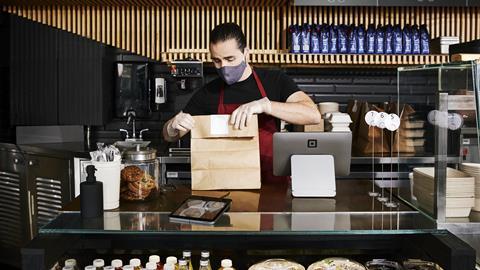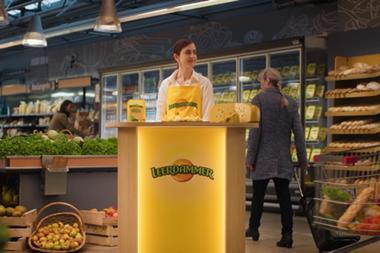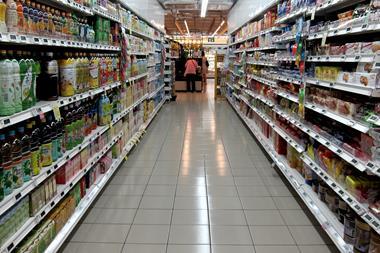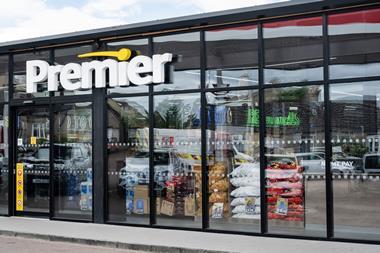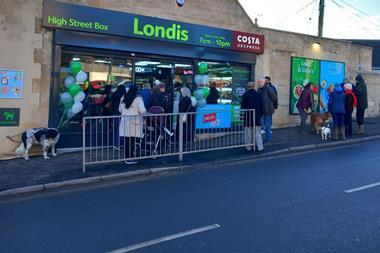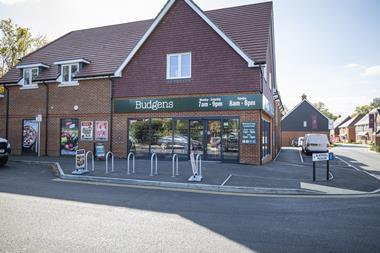The death of the high street and the decline of local communities has been worried about in the UK for many years. However, the Covid-19 pandemic refocused people’s lives on their local communities.
With travel restricted and even big retailers struggling to provide delivery slots, communities across the UK are staying local. Community spirit has returned to our streets, alongside a sense of pride and responsibility to support community services and local businesses.
Many of the essential businesses that have remained open throughout lockdown have been convenience stores. As restrictions ease, now is the time for these stores to adapt to ensure customers stay local in the future.
Future proofing
With the uncertainty that surrounded the start of the pandemic, many convenience stores would have felt the urge to make quick changes to ensure money was coming in. As the future becomes clearer this year, it’s now important for business owners to plan.
A YouGov poll from July showed that 38% of UK shoppers had shopped locally for food and drink due to the initial lockdown restrictions. Of those who shopped locally during the first lockdown, 70% said they would continue to do so at the same or greater rate once restrictions lift.
”Of those who shopped locally during the first lockdown, 70% said they’d continue to do so once restrictions lift”
YouGov poll
While adapting for the current climate, convenience retailers must ensure a robust, future-proofed business model that never misses a sale. Building out a complete omnichannel offering is important to engage shoppers whether they’re buying online, in-person or both. A key element of this is ensuring that point-of-sale (POS) systems and payments operate seamlessly in any setting, giving local shoppers a seamless experience.
Square saw a 15-fold increase in internet and telephone payments among its customers in the early stages of the lockdown. By observing these trends and building out their omnichannel offering in response, convenience retailers will set themselves up for further success. This could mean creating a compelling online shop – with click and collect or delivery options for customers – as well as ensuring the in-store experience is as seamless as the online version.
This creates multiple points to engage with consumers while they are shopping, opening opportunities to drive further sales and uncover areas for future growth. However, to realise the efficiencies that come with omnichannel selling, convenience retailers need the right infrastructure to synchronise operations in-store and online.
Post-lockdown success
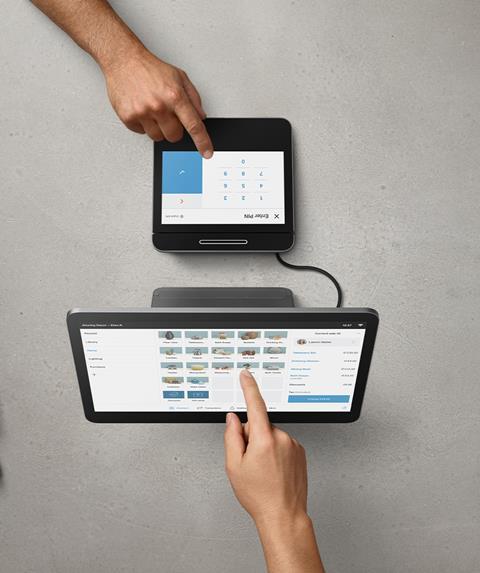
Throughout retail click and collect has become more prominent, despite only accounting for 2% of transactions in the convenience sector. If managed correctly, services such as click and collect could be a lucrative space for expansion.
With the right hardware and software in place, small to medium businesses can see what they are doing well and not so well, in turn adapting to suit customers. And finding the right tools doesn’t need to be expensive or time-consuming.
Local businesses can encourage customers to stay local by showing true convenience, which can be accomplished through one integrated POS system. To minimise business disruption through any adaption, systems like Square Register provide everything: secure payment technology allowing customer more ways to pay, embedded software managing delivery and online orders, and click and collect service management.
This in turn enables a more boutique shopping experience. For example, Square Register offers a dual display including a detachable customer-facing display with a built-in card machine. A 2m cable can extend the distance between the customer and seller, giving safety-conscious customers peace of mind when they make a purchase.
Keep it local
An upside to the Covid-19 pandemic has been a renewed focus on our local communities. Driven by changing working habits, people have spent more time at home and relied on local businesses and community.
Despite the challenges of the remaining unknowns, the convenience store market has adapted and in some cases thrived. Under the pandemic, consumers have been more inclined to support local, smaller and independent businesses. As the UK heads for recovery, now is the time to ensure your business can respond to shoppers’ new demands.





















